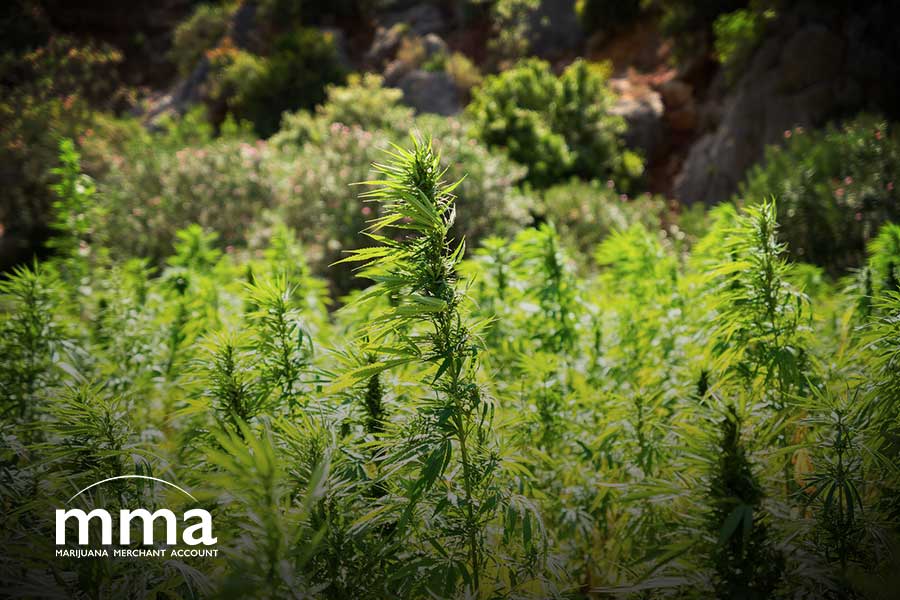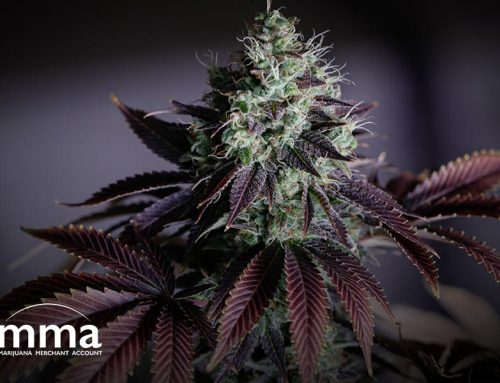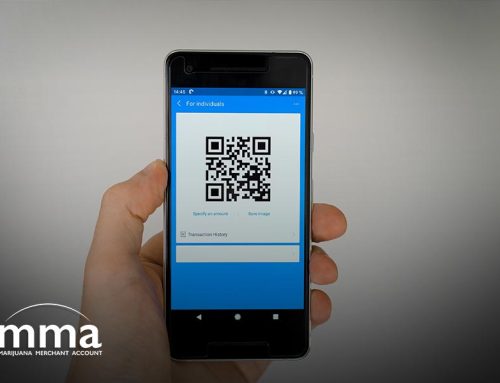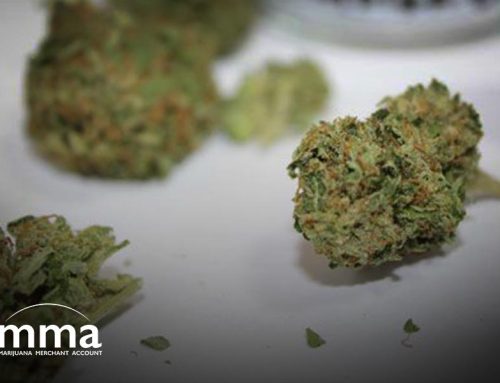Banks and investment capital finally have an avenue into the hemp industry with a recent change to federal regulation.
Shortly before Christmas, the 2018 Congressional Farm Bill was signed into law and has now already taken effect. That bill included provisions that effectively legalize the production of hemp in the U.S. by distinguishing it from its high-THC cousin. As long as the hemp produced has less than 0.3% THC, it’s now OK by the federal government. Not just for CBD extraction, hemp can be used to create rope, clothing, food, paint, plastics, and more.
The Farm Bill had bipartisan support and now the gates are open for the hemp industry. Removing hemp from federal prohibition means that hemp products can cross state lines. Not only is this important for distributing to new customers, but this also means hemp businesses can seek out the processors that fit their needs. Hemp production is now even legalized in U.S. territories and on Native American tribal land.
Banks can now begin to offer checking accounts, loans, and merchant accounts to licensed hemp businesses without fear of reprisal. The Farm Bill passing also means hemp companies can go public in the U.S. stock exchanges; previously, they were having to list in the Canadian exchange instead.
Of course, financial institutions are still expected to do their due diligence when signing on a new account. Hemp businesses will be regulated by the U.S. Department of Agriculture (USDA) (unless and until states create their own regulatory framework). The CBD extracts specifically will be regulated by the Food and Drug Administration (FDA) and the provisions of the Federal Food, Drug and Cosmetic Act (FFDCA).
Expect big growth ahead
This new access to financial resources is likely to mean big leaps and bounds are in store for the industry. As hemp businesses obtain the credit lines and other financial services they need, the businesses gain more access to more qualified labor, more scalability, and better, more efficient equipment.
Certain new farmers may qualify for low-interest loans to kickstart their farm. But no matter how long you’ve been farming, hemp could be in the next crop rotation. The recently signed bill grants hemp farmers access to crop insurance and federal water as well as allow producers to “bring foreign national to the United States to fill temporary agricultural jobs.”
Not all of the kinks are worked out of the system yet, but this is a major step in the right direction for hemp production.
Cannabis, however, is still listed as a Schedule I drug. Fewer banks are willing to take on cannabis businesses as customers, but more and more are starting to every day, despite the hurdles. Will cannabis prohibition be lifted in the near future in the same way? More than one bill was put forward last year to end prohibition on the federal level, but none made it to a vote. But the Farm Bill has proven that when there is enough will in Washington (and enough pressure from lobbyists and education from activists), these kinds of major changes are possible.












